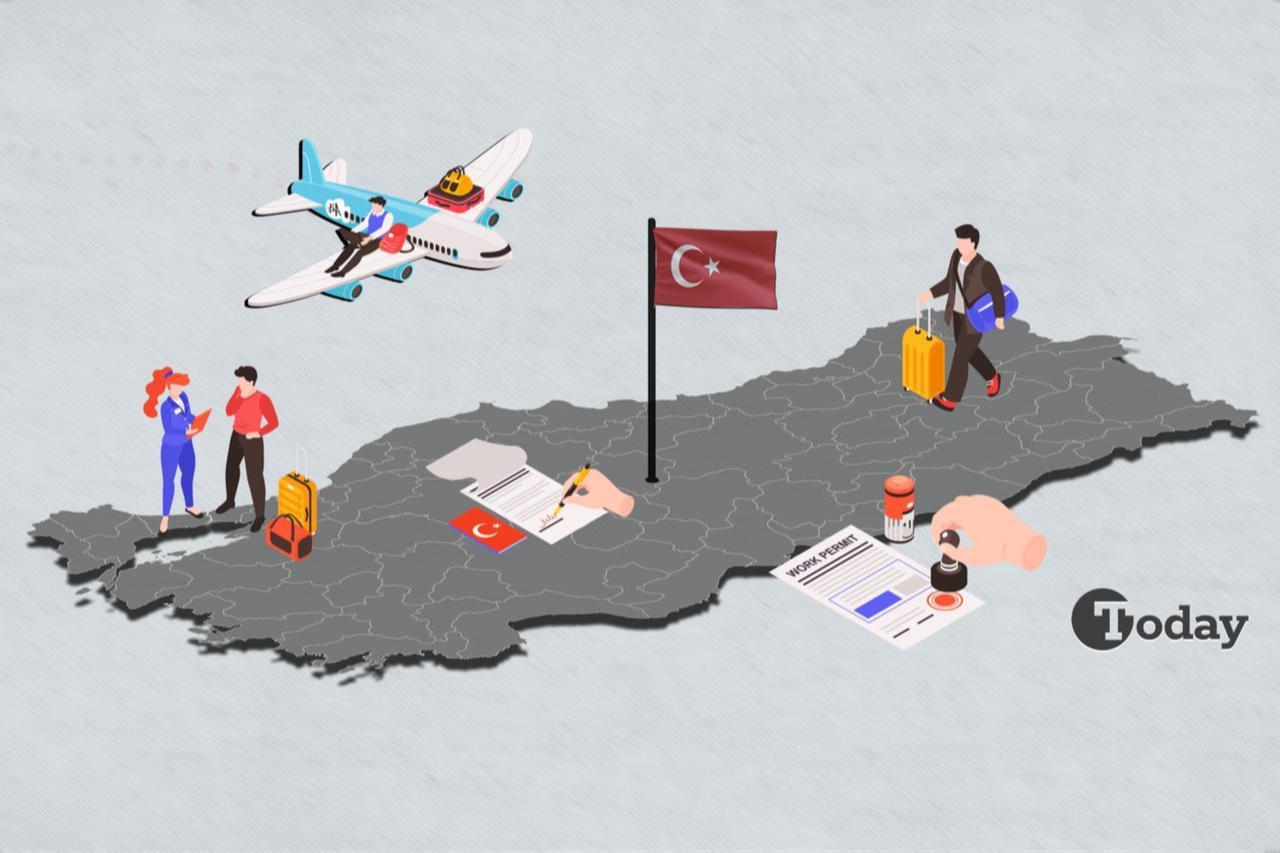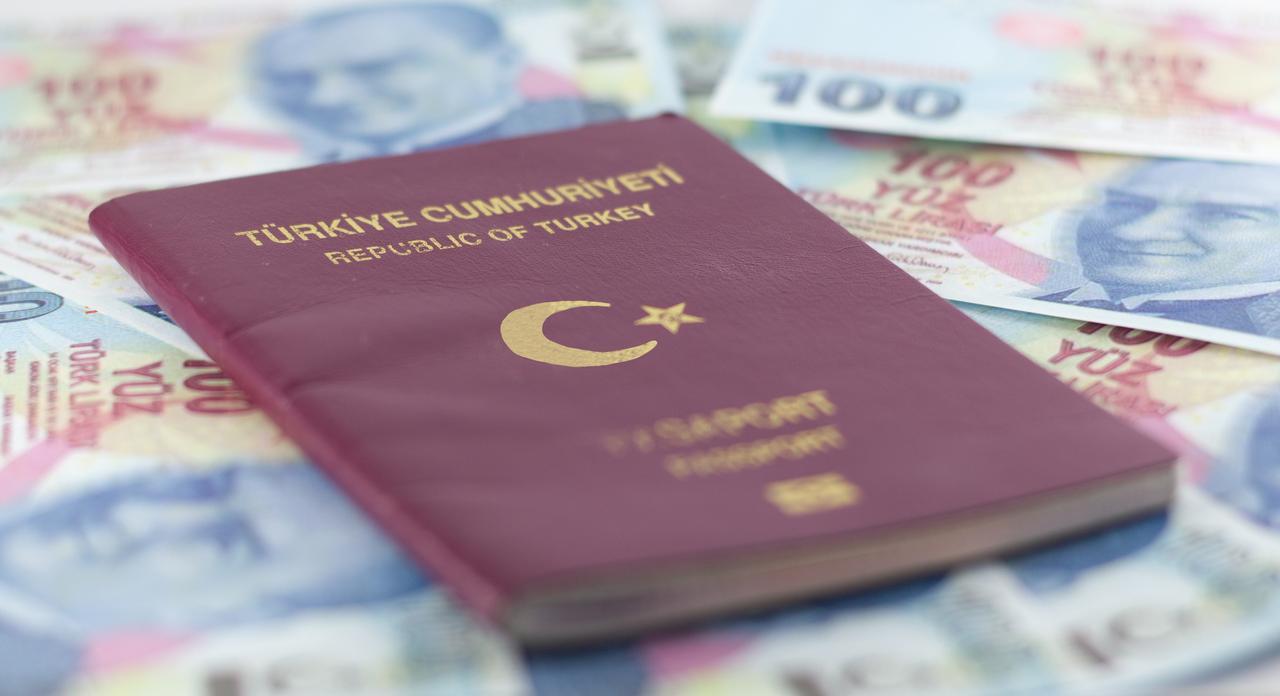
With the amendment titled “Amendment to the Regulation on the Implementation of the Law Regarding the Freedom of Profession and Art Practice and Employment of Persons of Turkish Descent Who Are Foreign Nationals in Türkiye” published in the Official Gazette on Oct. 10, 2025, the Regulation has been comprehensively updated for the first time since 1983.
However, this amendment has led to certain misconceptions in social media and some news outlets, such as “Turkish-origin persons will no longer be considered foreigners” or “all foreigners will be able to work in the public sector.”
In fact, the purpose and scope of the amendment do not support such interpretations.
It should first be emphasized that this amendment does not constitute an expansion of the general regime of foreign law. Law No. 2527 and its Implementing Regulation apply exclusively to Turkish-origin foreigners determined by a Presidential Decree.
Therefore, this regulation does not concern the Law on Foreigners and International Protection (Law No. 6458 – LFIP) nor the International Labor Force Law (Law No. 6735 – ILFL).
Consequently, no new right or privilege has been introduced for foreigners who are not of Turkish origin or for those of Turkish origin who are not included in the Presidential Decree “due to the absence of a need for protection or support.”
The communities listed in the Presidential Decree remain foreigners, as they are not Turkish citizens.
Hence, statements circulating on social media such as “Turkish-origin persons will no longer be considered foreigners” or “they can now be employed as civil servants,” are legally incorrect.

The amendments made to the regulation aim to harmonize it with prior changes to Law No. 2527.
The most notable among them is the newly added Article 2/A, which stipulates that “the determination of Turkish-origin communities” shall be made by presidential decree.
The Decree may specify a community by name to be recognized as Turkish-origin within the scope of Law No. 2527, or it may define such communities based on geographical or historical-cultural criteria.
In this way, legal certainty will be enhanced in practice, and administrative decisions will become more measurable and subject to oversight.
Additionally, Article 3 of the Regulation, which lists the “conditions for authorization,” has been revised by adding three new subparagraphs to the existing seven. In summary, the amendment introduces the following conditions:
To obtain a work permit within the scope of Law No. 2527, all these conditions must be fulfilled cumulatively.
These three provisions reflect a migration policy approach that is humanitarian and quality-oriented, based on the need for protection and support of Turkish-origin persons.
Therefore, the aim is not to grant “an unconditional right to work as if citizens” to all Turkish-origin foreigners, but rather to enable those genuinely in need of protection or support to work in fields needed in Türkiye.
In migration literature, special statuses concerning Turkish-origin persons should be interpreted within the framework of Türkiye’s diaspora policy.
Such arrangements do not constitute an extension of citizenship but rather exceptional statuses that grant limited privileges based on cultural affinity, historical ties, and humanitarian solidarity.
The aim underlying Law No. 2527 is to provide support to persons who have not acquired Turkish citizenship but belong to the Turkish cultural sphere.
Accordingly, the amendment to the regulation seeks to ensure strategic alignment and legislative coherence within the axes of Türkiye’s foreign policy and migration management.
In this respect, the amendment does not have a direct impact on the international labor market; rather, it aims to make the special administrative framework granted to stateless or vulnerable Turkish-origin persons more precise and subject to administrative accountability.
The amendment to the regulation dated 10 October 2025 does not constitute a structural transformation of Türkiye’s migration regime but rather a technical update ensuring regulatory harmonization and clarity in implementation.
Turkish-origin persons remain in a foreign status; they may practice their professions and arts only under specific conditions.
Türkiye’s migration policy continues to proceed along a line that upholds both legal stability and a humanitarian approach.
The latest amendment should therefore be viewed not as an expansion of scope, but as a step toward greater legal precision and transparency in governance.
This article is a legal assessment within the framework of migration legislation and literature and does not reflect institutional views.